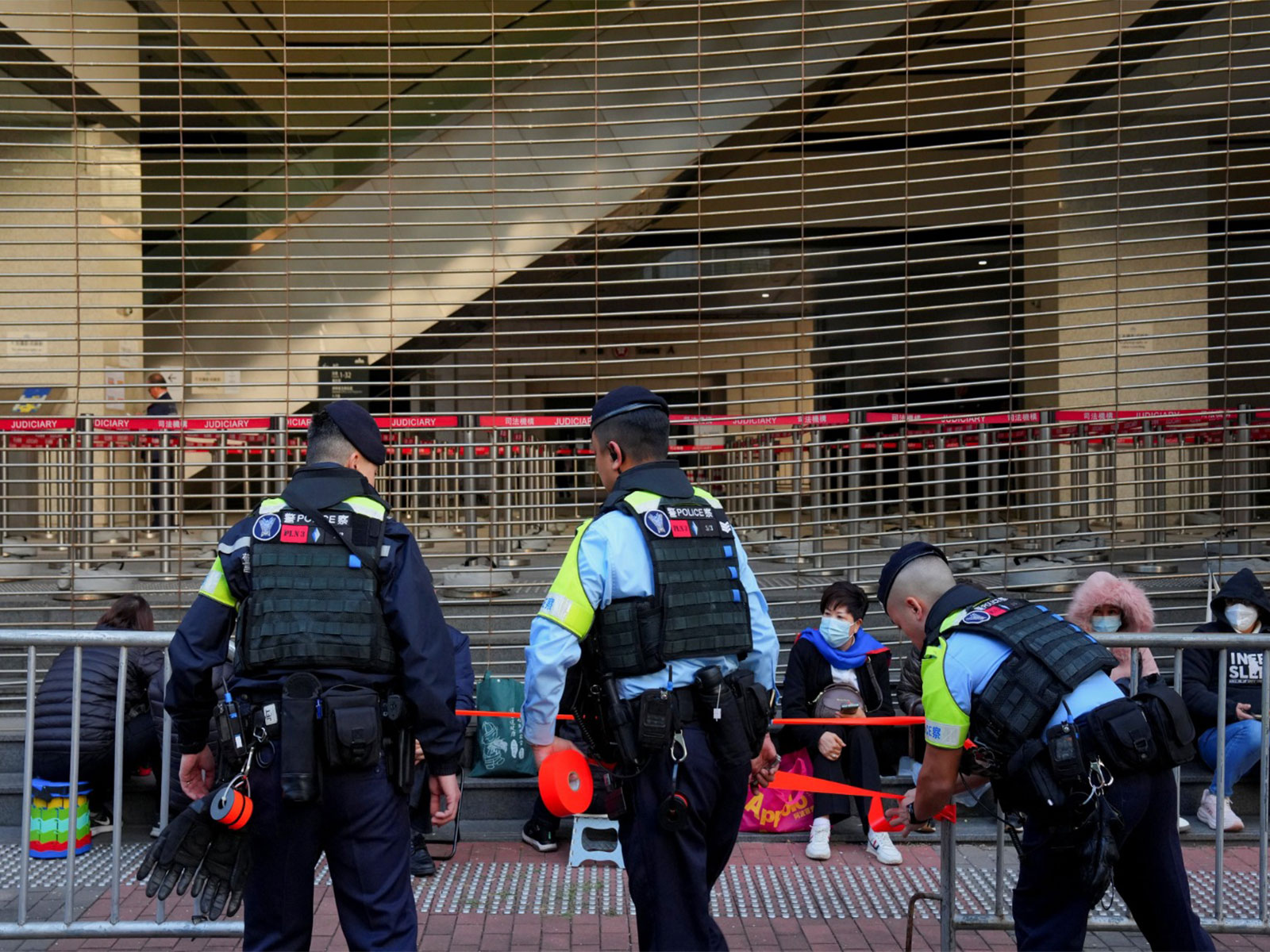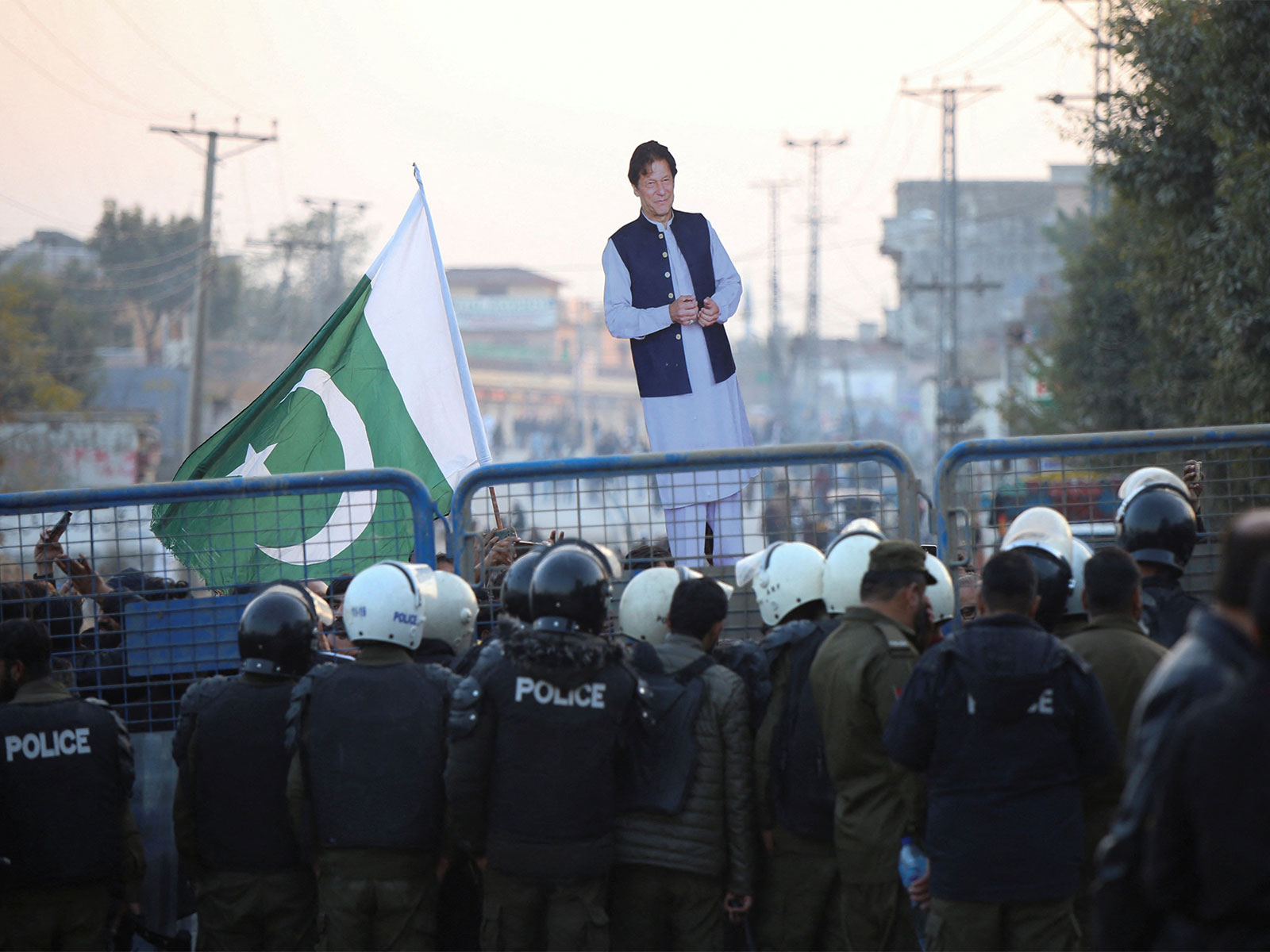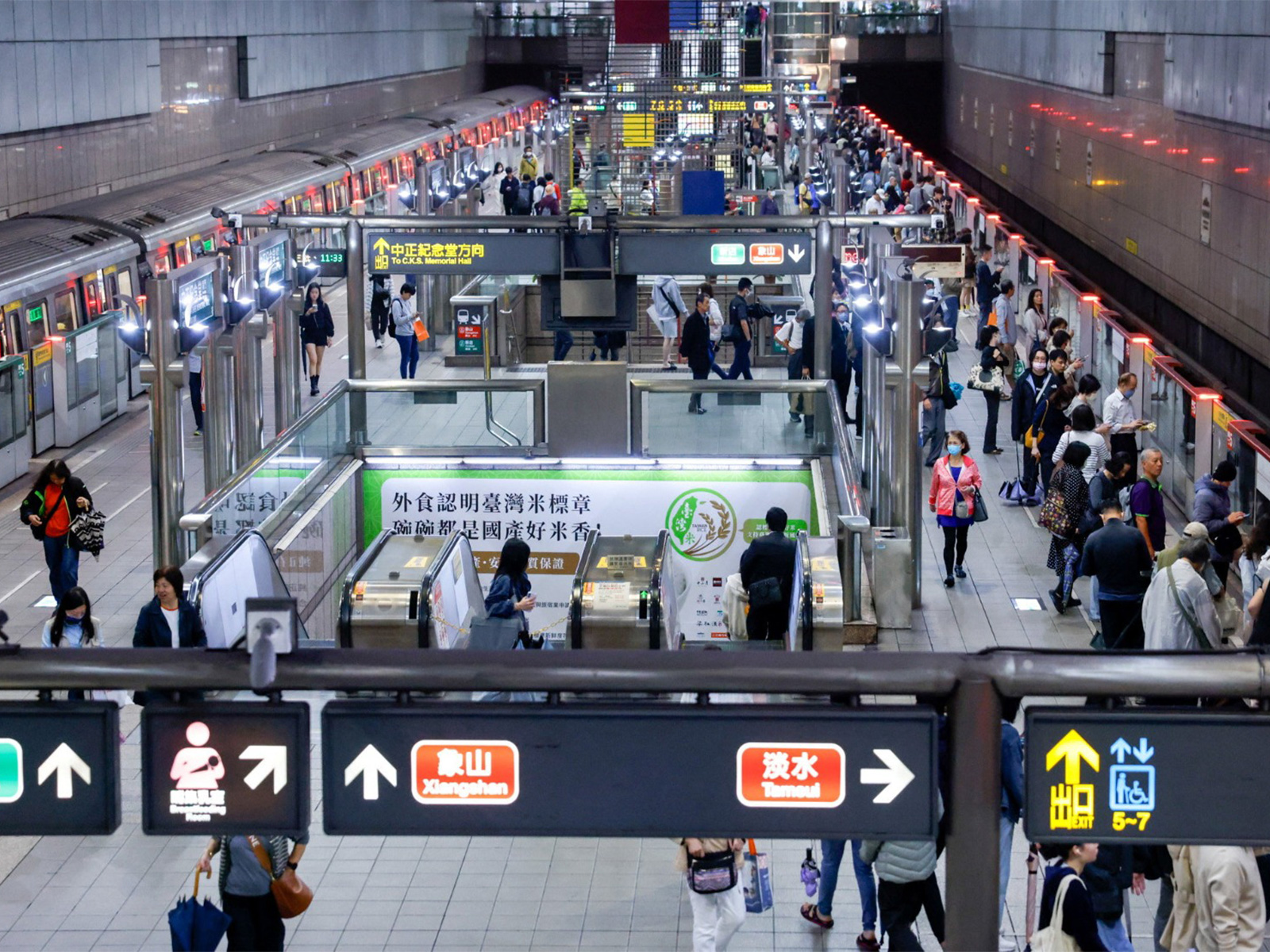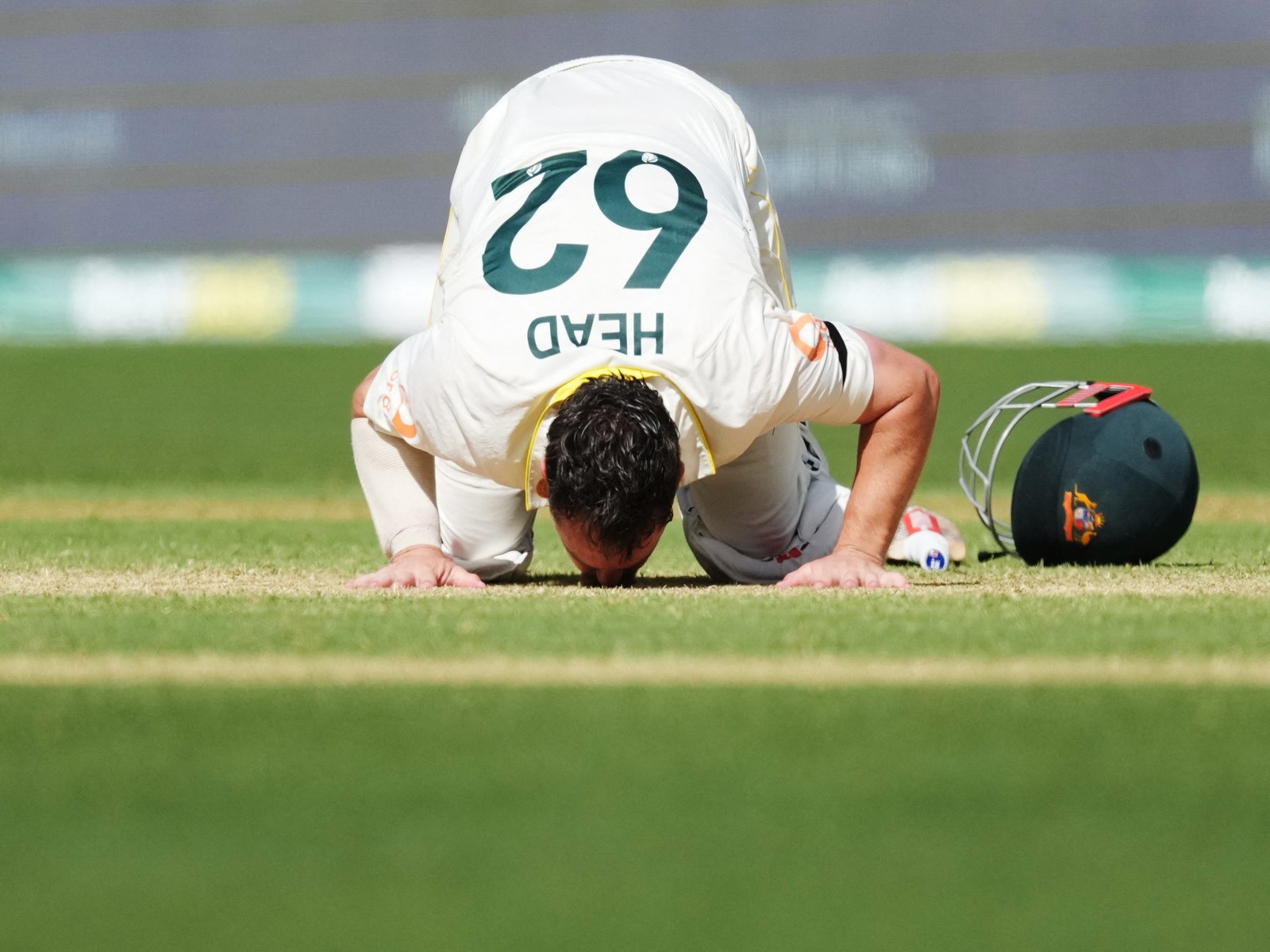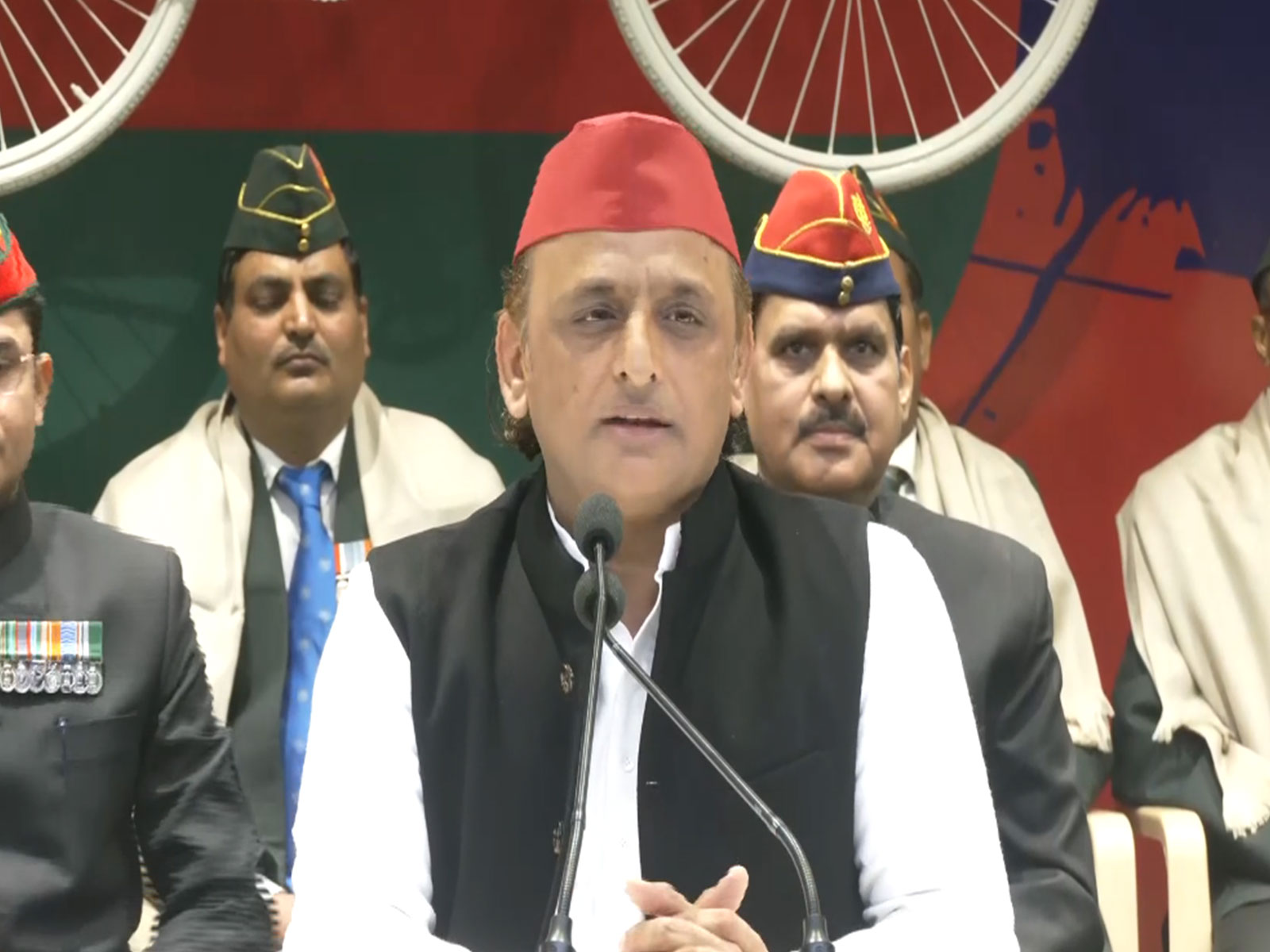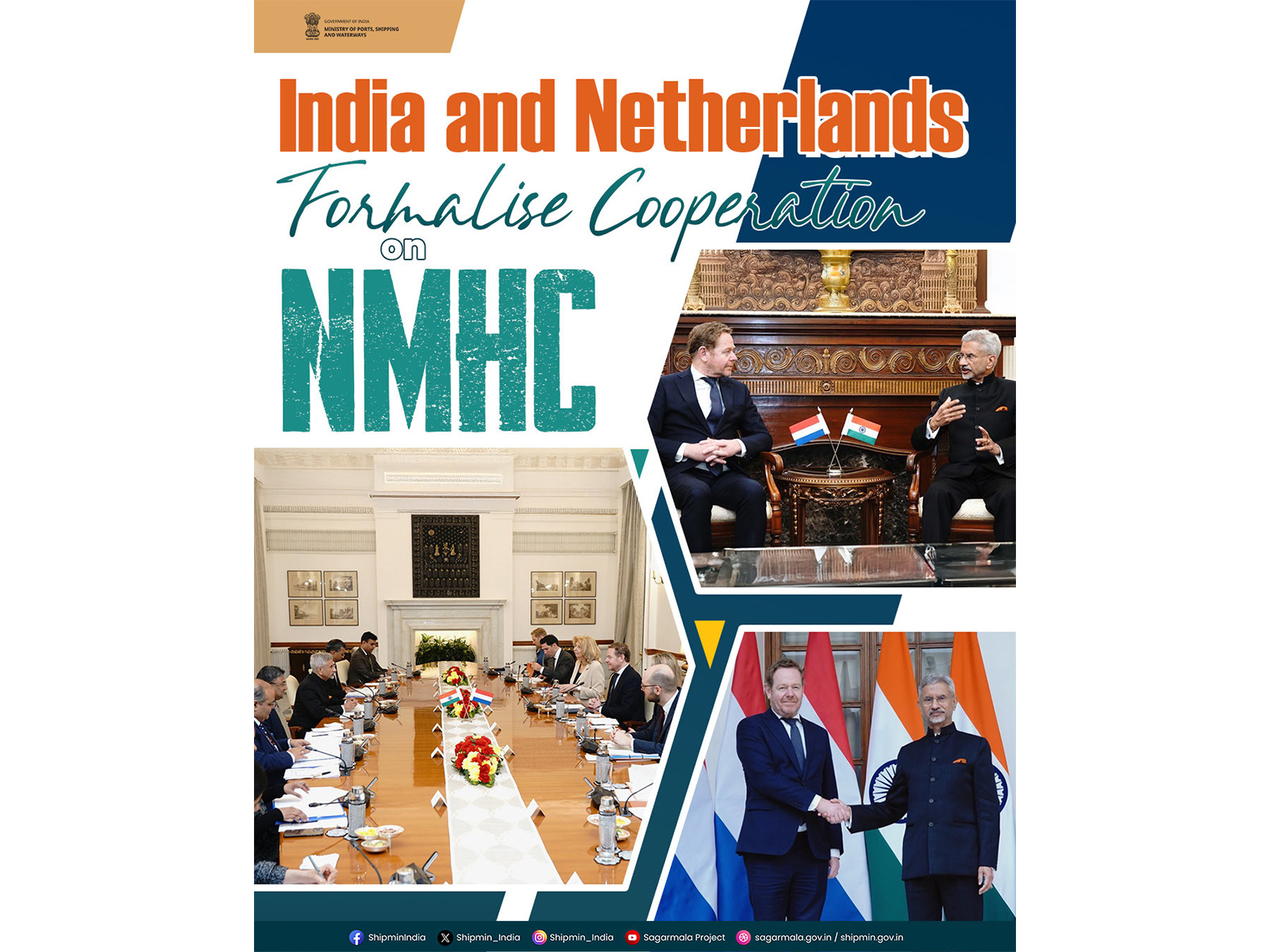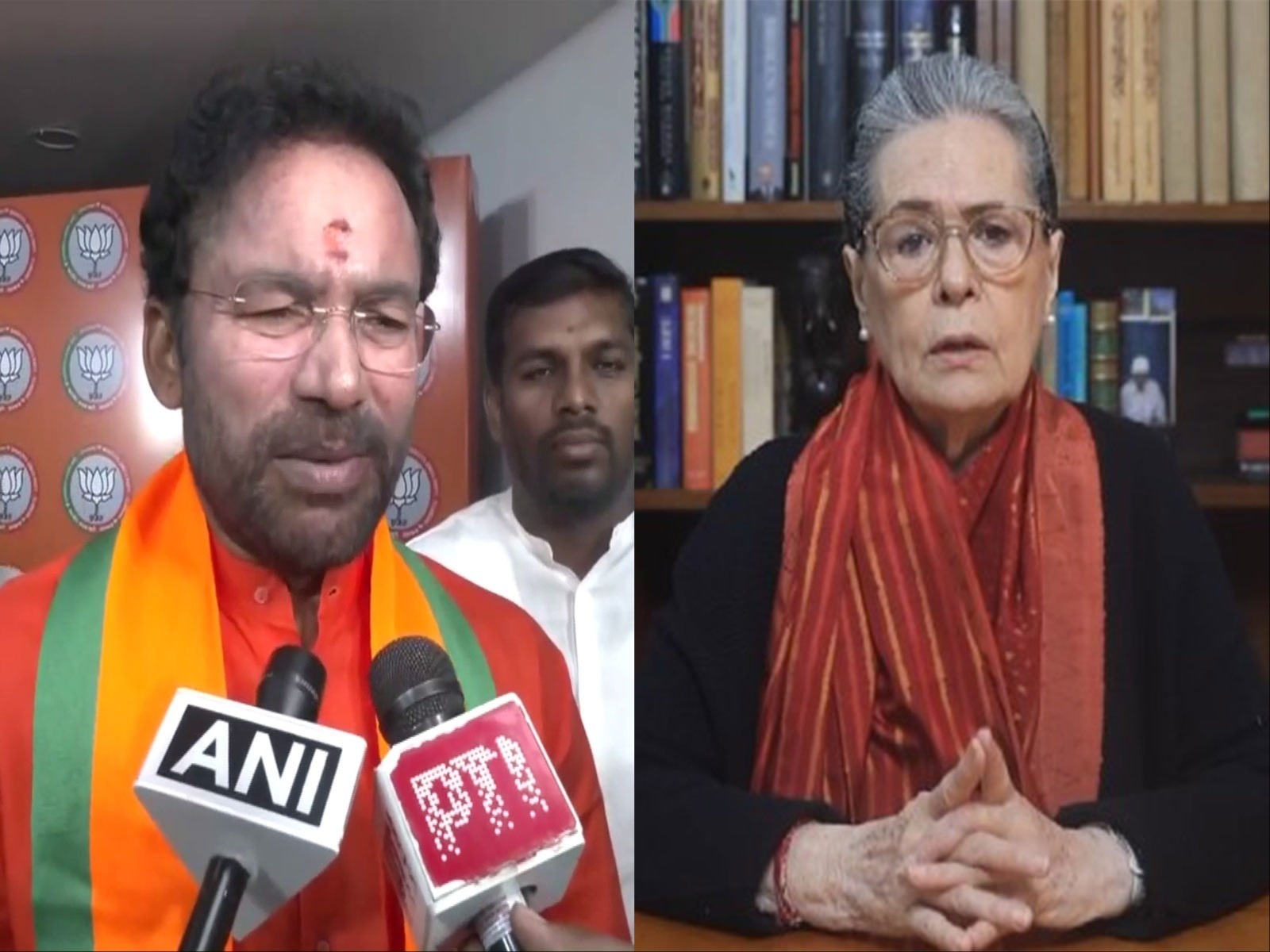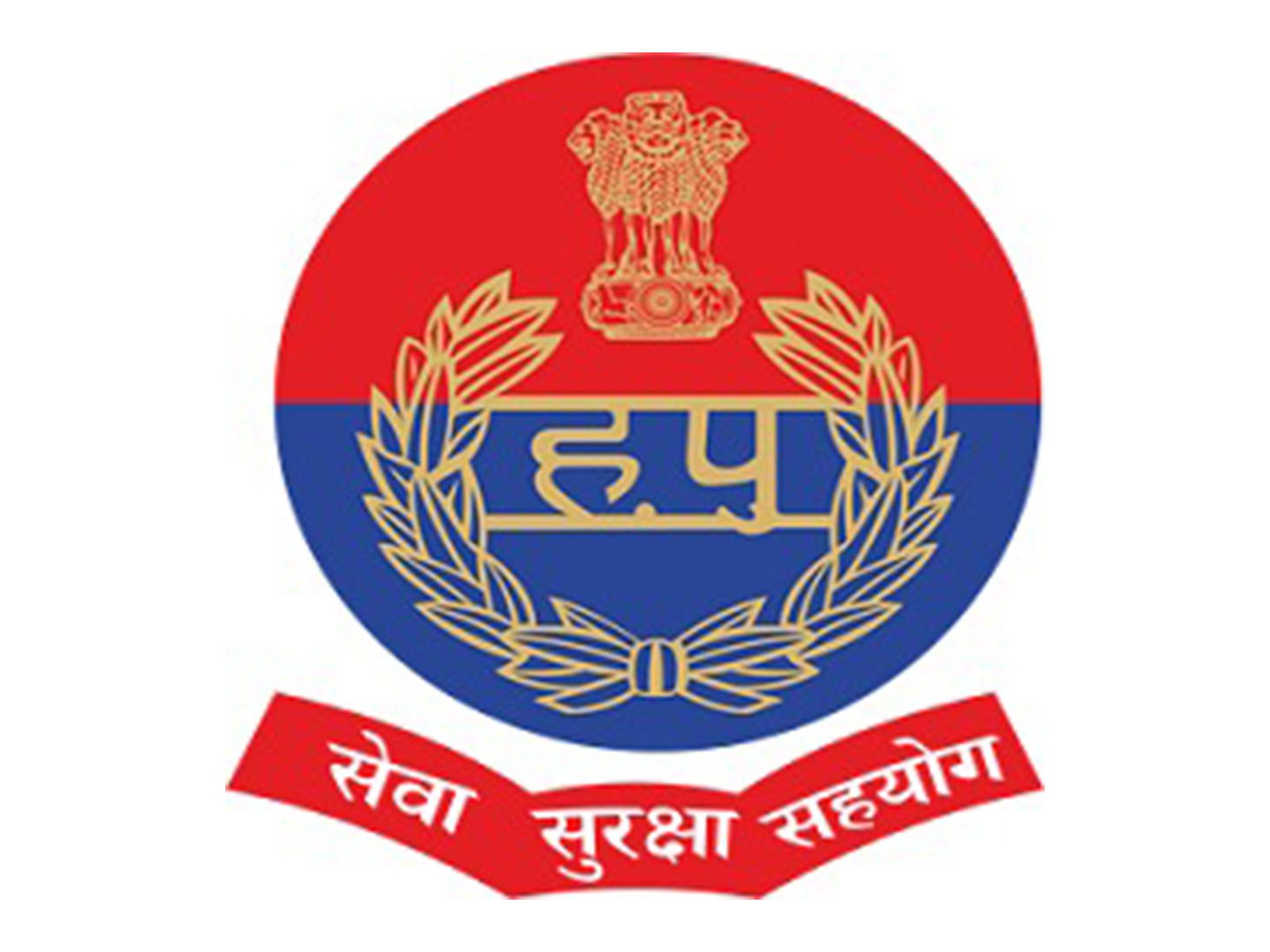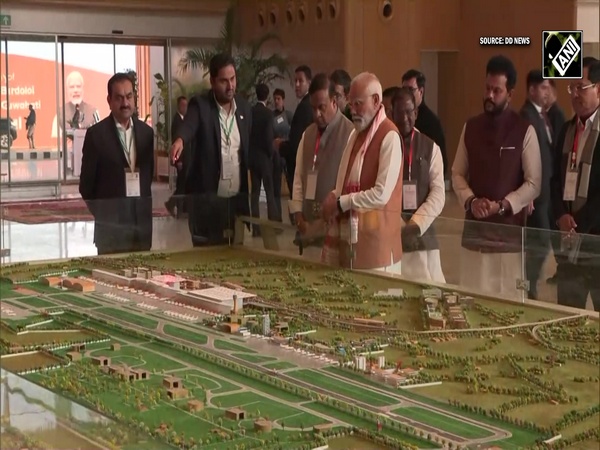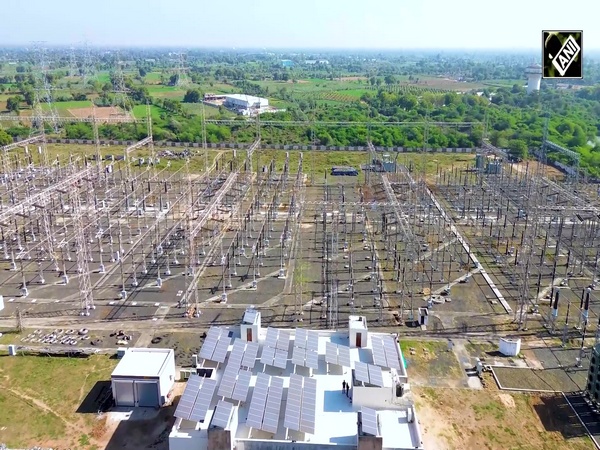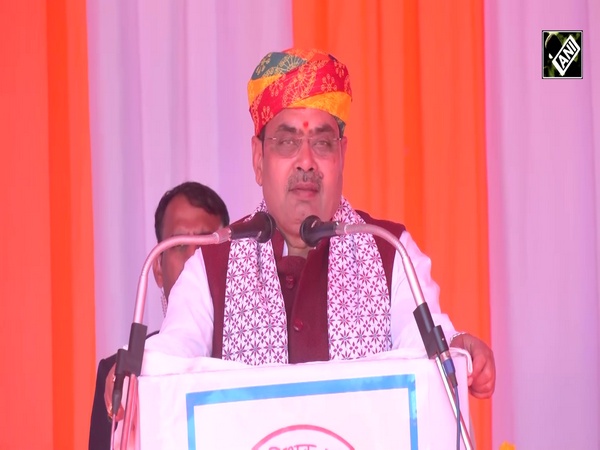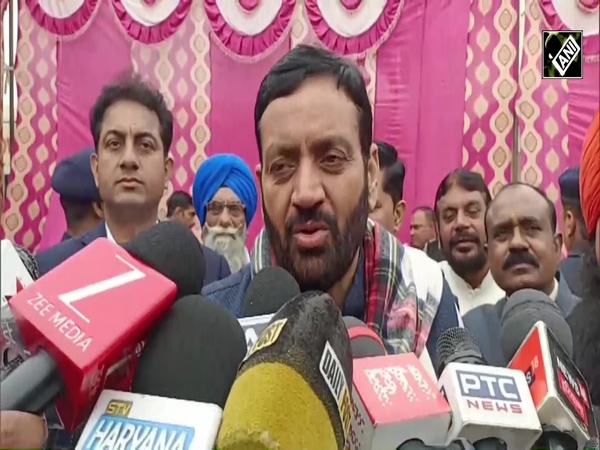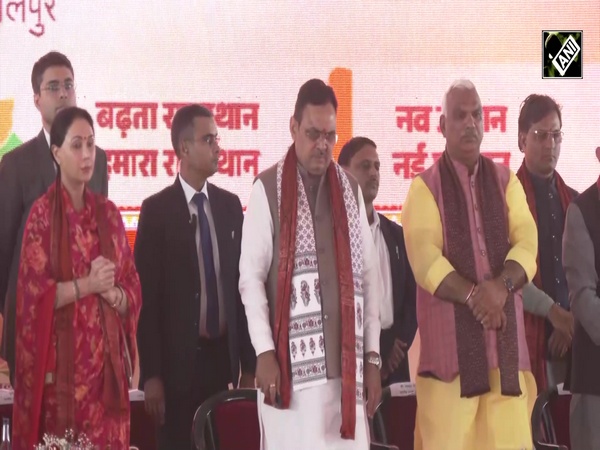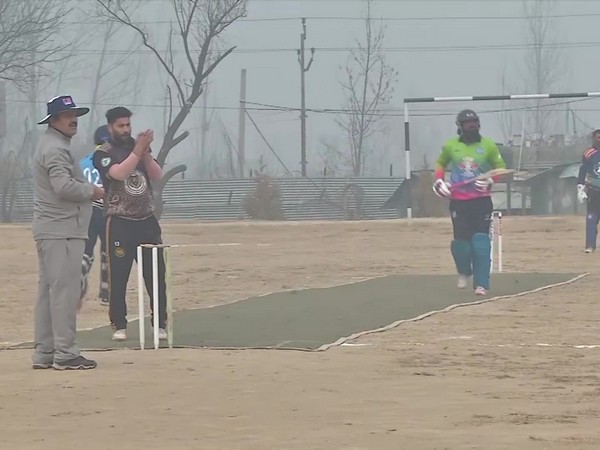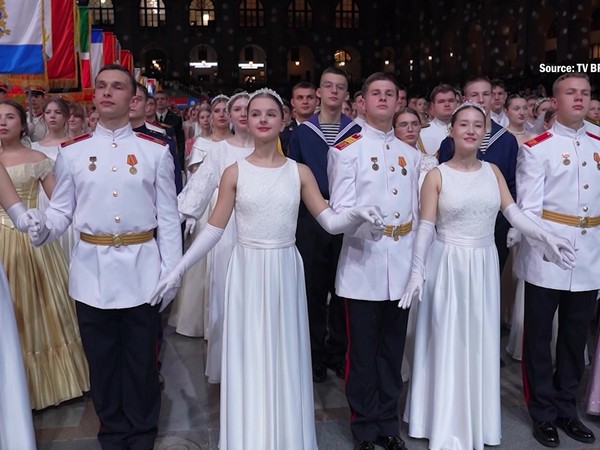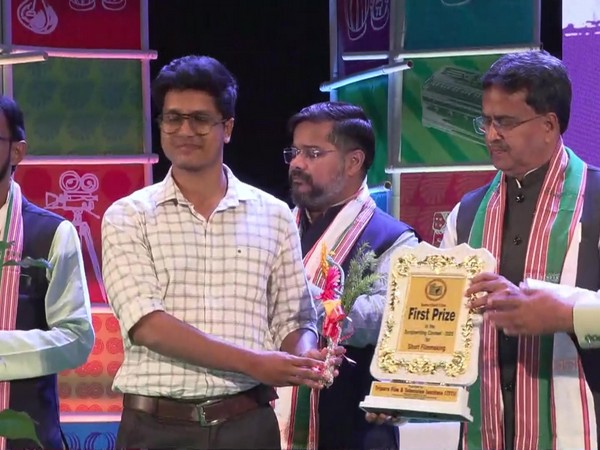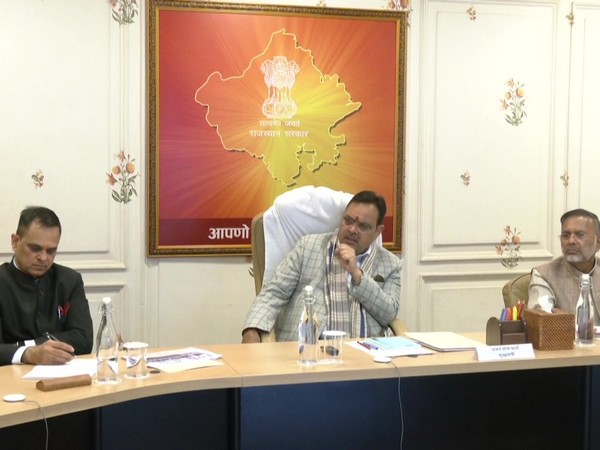Muslim World League Secretary General hails India as role model of peaceful coexistence among religious communities
Jul 15, 2023

By Maheep
New Delhi [India], July 15 : Secretary General of the Muslim World League (MWL), on Tuesday hailed India as the role model of peaceful coexistence among religious communities. His address resonated with admiration for India's unparalleled diversity and acknowledged the profound contributions of "Indian wisdom" to humanity in a grand event jointly organized by the Khusrau Foundation and Indian Islamic Cultural Centre, New Delhi.
The grandeur of the occasion reached new heights with the presence of India's highly respected National Security Advisor Ajit Doval who shared the stage with Al Issa. Their collective presence infused the gathering with pearls of wisdom and invaluable insights to enrich the momentous occasion. Together, these esteemed personalities not only celebrated the diversity and coexistence of different religious beliefs in India but also emphasized the significance of fostering unity and understanding in a complex world.
Al Issa is a world-renowned scholar of Islam and a distinguished jurist. He implemented several important reforms with regard to women’s rights as the Saudi law minister. Of late, he has been one of the most eloquent spokesmen in the Islamic world for interfaith dialogues and harmony among the world’s religions. The Muslim world league under his leadership has rejected the infamous ‘clash of civilisation theory.’
He held in high regard the rich tapestry of India's illustrious and extensive history, as well as its splendid multicultural tapestry, particularly highlighting the harmonious coexistence that flourishes amidst its diverse populace.
Al Issa eloquently elucidated the inescapable nature of diversity that encompasses variances in languages, ethnicities, and modes of thought, recognizing it as an integral facet of life itself. Moreover, he discerned that such a perspective is the only way to build positive relations among nations, religious communities and ethnic groups. Projecting diversity as a source of enrichment, he called for sincere applications of the concept on the ground.
He expressed that the Muslim World League (MWL) is an autonomous worldwide establishment that forges alliances and nurtures friendships with diverse religious and cultural entities. Fondly recollecting his personal affinities with Indians hailing from myriad backgrounds, he affirmed that the organization diligently endeavours to portray the authentic essence of Islam. Within the expansive framework of MWL, provisions are made for reciprocal visits fostering harmonious exchanges with a multitude of nations and peoples including India.
Al Issa observed that even though India is a Hindu-majority country, its tradition and constitution provide for peaceful coexistence for all communities. Citing his personal friendship with Hindu religious figures such as the Sadhguru and Shri Shri Ravishankar, he underlined their ultimate aim to promote peace in society and in the world at large. Working with diversity and difference is a common feature of that shared mission.
Al Issa noted with satisfaction that the Muslim component in Indian society is proud of the nation and its constitution emphasizing its role in preserving harmony and cooperation among the diverse Indian communities. He posited that traditional Indian wisdom has significantly enriched humanity, especially in fostering and protecting diversity and peaceful coexistence. In his view, India's model of coexistence could serve as a blueprint for global harmony. He called for a partnership with India for fostering the positive values which have sustained the Indian model of civilizational and cultural coexistence.
Referring to the United Nations Alliance of Civilizations (UNAOC), which works on mobilizing international action against extremism through international, intercultural and interreligious dialogue and cooperation, Al Issa mentioned his recent visit there, and the launch of a new initiative called building bridges between the east and west, which may serve as one of the plausible institutional vehicles to promote the kind of interfaith dialogues that he advocates.
He expressed satisfaction with his India visit, observing that his Indian interlocutors have all agreed that there should be joint institutional efforts to promote patriotic values and harmony all over the world. These may be done through positive education from an early stage of life, since agencies such as family and education play a major role in cultivating patriotism and constitutional values.
Stressing that such alliances between MWL and India is an imperative, Al Issa observed that education about interfaith harmony across the world should begin from an early age. Religious education may form a part of it. It is necessary to forge a global alliance of nations for a better tomorrow for future generations.
He reiterated that Islamic culture and civilisation are open to engaging everyone with love and dialogue and that Islam teaches everyone to follow law and constitution of their home countries. Peaceful coexistence is obligatory for all Muslims to practice. Islam is open to everyone. Islam calls for resolution of disputes through peaceful dialogues. It not only promotes tolerance but forgiveness also. He proclaimed his admiration for India, identifying it as an exemplar of openness and commonality in objectives. He concluded his discourse calling once again for immediate tangible actions on the ground through imaginative action for utmost promotion of the values emanating from India’s long and successful history of diversity and peaceful coexistence.
Responding to Al Issa, India’s National Security Advisor Ajit Doval, a distinguished security specialist who has led numerous peace missions in the different parts of the world and within the country in the last fifty years of service to the nation, conveyed sincere gratitude, commending Al Issa’s visionary thought and clear message that communities must live in peace. In particular, Doval appreciated Al Issa’s unequivocal understanding of Islam as a religion of peace and his clear stand against extremist ideologies.
Likewise, against the abovementioned backdrop at India Islamic Cultural Centre, a congregation of eminent scholars and intellectuals bore witness to National Security Advisor Ajit Doval's eloquent testimony. His profound words illuminated the rich tapestry of India's multicultural heritage, where Islam occupies a position of unparalleled eminence. Addressing the gathering, Doval acknowledged the indomitable spirit of India as a thriving melting pot of cultures, religions, languages, and ethnicities that have coexisted harmoniously for centuries. He celebrated India's inclusive democracy, which valiantly offers space for all its citizens, irrespective of their religious, ethnic, and cultural identities.
Underlining India's distinctive socio-religious landscape, Doval proclaimed Islam's unique and significant position of pride in the country. India's staggering Muslim population, the second-largest in the world, surpasses the combined populace of over 33 member states of the Organisation of Islamic Cooperation (OIC). This testament to the enduring legacy of Islam in India attests to the nation's exceptional commitment to pluralism and religious coexistence.
Deepening India-Saudi Arabia Relations: With deep reverence for the historical connections between India and Saudi Arabia, Doval extolled the excellent bilateral relations built upon a shared cultural heritage, common values, and robust economic ties. He lauded the convergence of vision between the leaders of both nations, who have forged strong bonds through close interactions. In this context, Doval harkened back to a bygone era, recounting the love for Indian silk and shawls by Khadija, the esteemed wife of the Prophet Muhammad (Peace be upon him).
The National Security Advisor took pride in India's noble tradition of providing refuge to those oppressed politically, underscoring the nation's commitment to humanitarianism. Delving into the historical influence of Islam in India, he acknowledged the profound impact of the syncretic culture fostered by the religion. Fondly reminiscing about the Sufi renaissance, which served as a beacon of enlightenment during a time of waning Islamic political influence, Doval paid tribute to the enriching contributions of Islam to Indian society.
Inclusive Democracy and the Fight against Extremism: Emphasizing India's unwavering dedication to equality and opportunity, Doval highlighted the constitutional guarantees that ensure the rights and liberties of every citizen, regardless of their religious background. He debunked the fallacious notion that terrorism arises from religion, instead attributing it to the unfortunate influence of a misguided few who fall prey to pernicious propaganda. Undeterred by these challenges, India embraces dissent with an infinite capacity to absorb and assimilate diverse viewpoints.
Towards Global Peace and Harmony: Doval commended Mr. Al-Issa's profound observation that the world is a family, resonating with India's shared vision. Citing India's presidency of the G-20, he unveiled the central theme of Vasudhaiva Kutumbakam, symbolizing One Earth, One Family, One Future.” Prime Minister Modi, too, envisions a similar future, prompting India's willingness to collaborate with the Muslim World League in establishing an institutional framework. This collaborative effort aims to promote global peace and harmony through regular interfaith dialogues and a robust system of popular education.
In an intellectual tour de force, National Security Advisor Ajit Doval mesmerized the eminent scholars present at the India Islamic Cultural Centre. His eloquent testimony showcased India's extraordinary tapestry of multiculturalism and religious harmony. Islam's enduring significance in India, rooted in a legacy of inclusivity and coexistence, serves as a beacon of inspiration for the world. As India takes strides towards fostering global peace and harmony, collaboration with the Muslim World League promises to lay the foundations for an enlightened future characterized by interfaith dialogues and comprehensive education. These resonating ideas set the tone for a more harmonious and interconnected world.
In conclusion, the grand event held at the India Islamic Cultural Centre, graced by the esteemed presence of Mohammed bin Abdulkarim Al-Issa, Secretary General of the Muslim World League, and the distinguished Ajit Doval, India's National Security Advisor, showcased the magnificence of India's harmonious coexistence served as a sublime inspiration for global harmony and interfaith dialogue.
Al-Issa's heartfelt admiration for India's unparalleled diversity resonated deeply, acknowledging the profound contributions of "Indian wisdom" to humanity. Doval, in his eloquence, celebrated India's inclusive democracy, where cultures, religions, languages, and ethnicities thrive in harmonious unity for centuries. The event thus encapsulated the essence of interfaith dialogue, underscoring the transformative power of India's model of peaceful coexistence as a catalyst for global harmony with the vision of collaboration between India and the Muslim World League.
Dr Maheep is an Expert in India’s Foreign Affairs with a Specialisation in the Arab Gulf States and Islam. He is the Principal Investigator of a National Project on India’s Soft Power Diplomacy.
